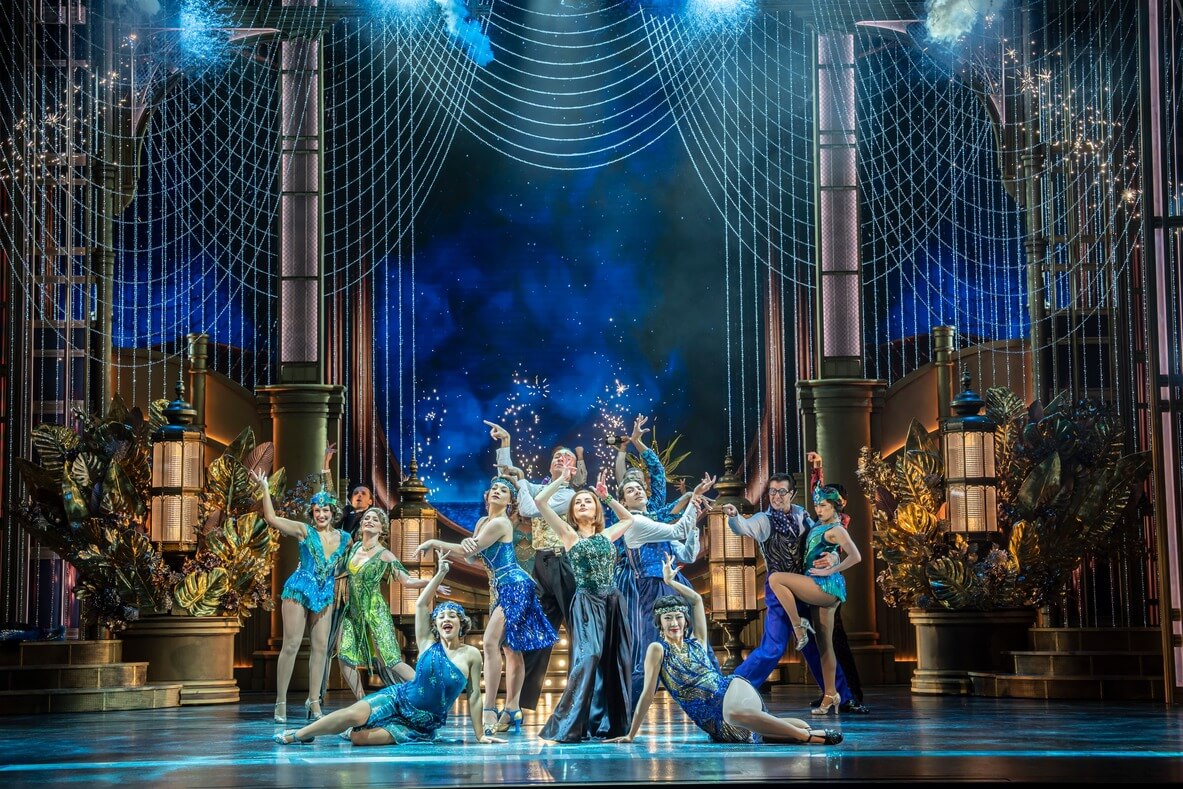Originally staged last year at the National Theatre, The Crucible's West End transfer features many new cast members in the main roles. Milly Alcock stars as Abigail Williams, a Salem teenager who, after being suspected of witchcraft, begins to shove the blame onto others. Her allegationscause mass hysteria in the village, leading to a flurry of further accusations and death by hanging of those found “guilty”. Milly Alcock's performance as Abigail is engaging and surprisingly endearing, even as she callously attempts to have innocent people hanged for witchcraft. Alcock's physicality is especially good, jerking and writhing when Abigail is "possessed". Abigail's lies target John and Elizabeth Proctor, played by Brian Gleeson and Caitlin FitzGerald respectively. Gleeson depicts the many colours of The Crucible’s flawed hero, making John sympathetic but also presenting the character’s violence and anger. The supporting cast provide strong support, especially the actresses playing Abigail’s crowd of friends/followers. They convince as individuals and as a group, and when in their hysteria they’re unnerving without being horror-movie creepy.
Written as an allegory for American paranoia about Communism in the 1950s, The Crucible feels relevant now due to its themes of mob mentality, black-and-white morals, and he-said-she-said approaches to truth and lies. There's also the question of the power dynamics at play between thirtysomething Proctor's affair with seventeen-year-old Abigail. Director Lindsay Turner makes the wise choice not to whack the audience over the head with these themes. Instead, Turner trusts Miller's play speak for itself. Aside from the rain which pours from the ceiling to the stage at the opening and interval of the play, Es Devlin’s set has no flashy effects. The stage remains dimly-lit and the set is minimal. The result is an intensity and focus on the words and the actors. This works perfectly to captivate the audience- gasps went around the theatre when certain revelations or twists happened onstage.
The downsides of Miller's play are that its middle section is overly long, there are too many walk-on roles, and the playwright can't help repeating himself. The Crucible also requires its audience to suspend a frankly ridiculous amount of disbelief about Abigail's influence over the other girls and how quite so many Salemers can be so quick to believe them. In this production, quite a few of the cast's American accents go wonky at times too. Regardless, this quintessential version of The Crucible is not to be missed. By putting focus on the script and the excellent actors, Turner's intelligent and restrained production showcases her own brilliance as a director.

 Nia Towle and Milly Alcock in THE CRUCIBLE at the Giegud Theatre.Photo Brinkhoff Moegenburg
Nia Towle and Milly Alcock in THE CRUCIBLE at the Giegud Theatre.Photo Brinkhoff Moegenburg


